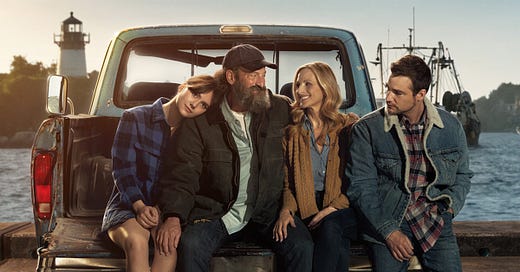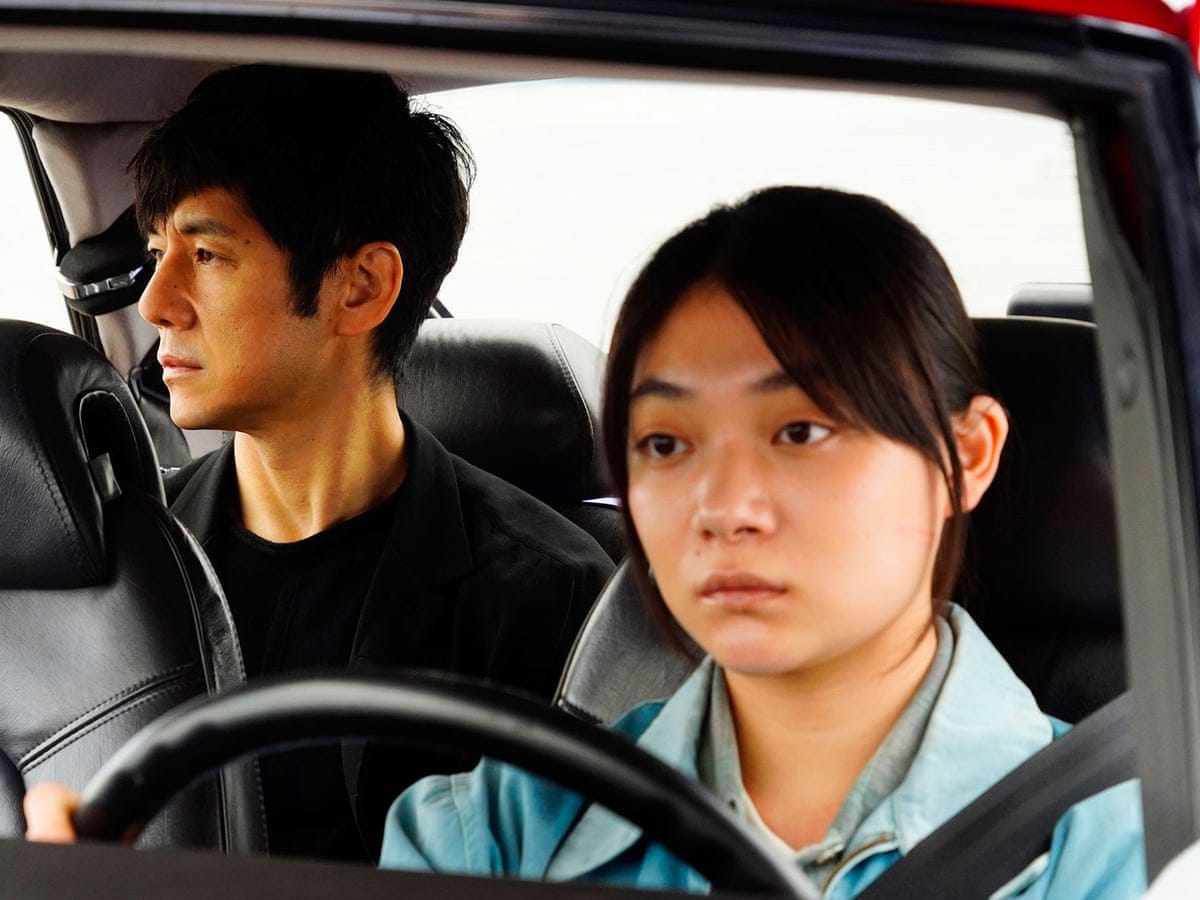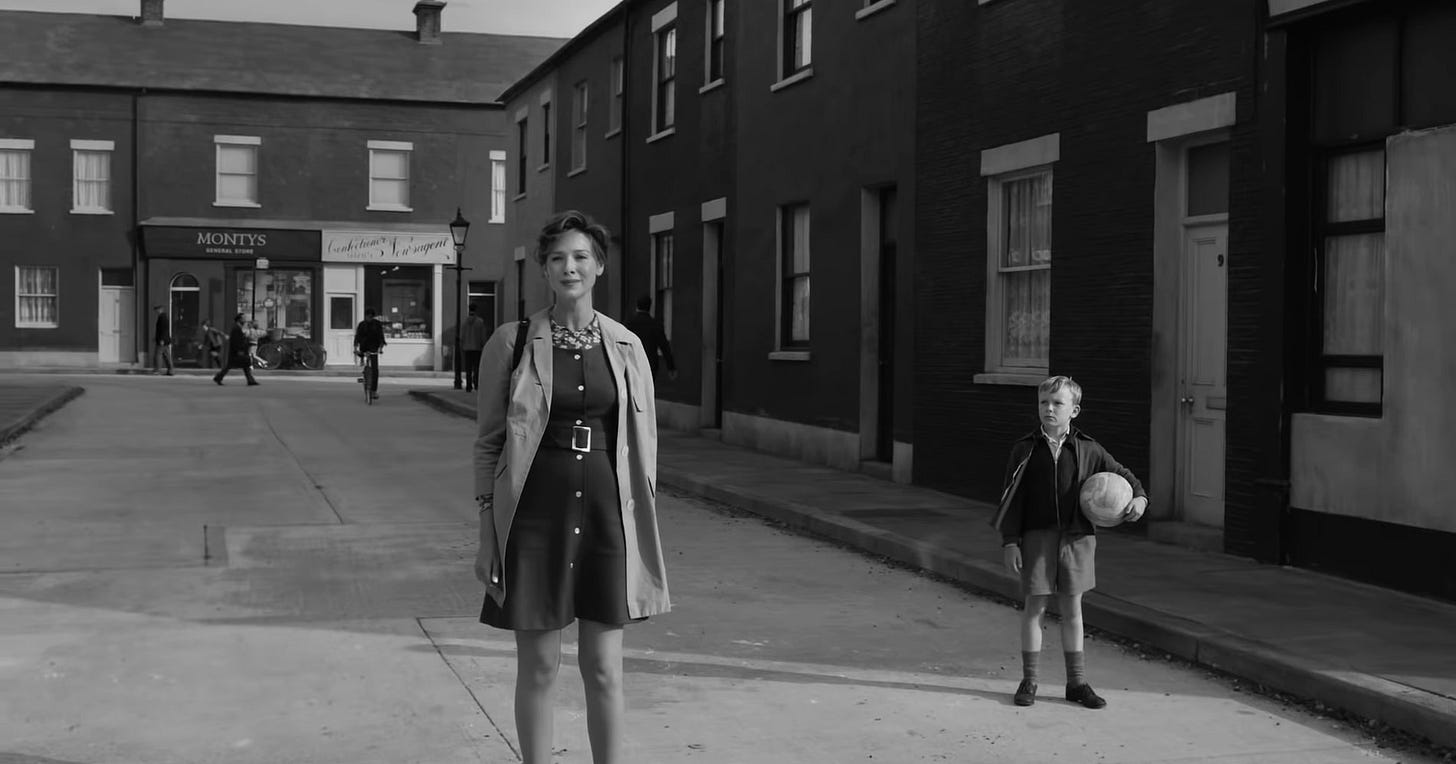The Long Take: A few thoughts on this year’s Best Picture Nominees
Welcome to the new generation of Oscar nominees.
Might as well throw it out of the way. With the exception of a few posts pontificating about the Oscars, I have not paid my attention to the Oscar ceremony, and since they’ve made a lot of eye-rolling decisions to cheaply grab the highest possible ratings, why should I bother? Much as I have not bothered with the last one.
What I am here for is to focus on the biggest (and certainly, the final) category of the ceremony, which is Best Picture. See, the category is perhaps the most meaningful of the entire show, and ever since it expanded to ten nominations, it is basically like the kind of high school cliques, except almost all of them are different variations of theatre kids.
The evolution of the nominated is bigger than that of the category, which is not just the preference votes that determines the number of qualifiers and finalists. Roma sets the precedent of movies only available on streaming services are able to qualify (much to the chagrin of Steven Spielberg). But there are more films nominated that aren’t of the English language, one of which won Best Picture in 2020. Continuing this trend is Drive My Car, which feels like an outlier and one wonders why the Ryusuke Hamaguchi effort went through. Some of the theories involve the dense social layering, which involves the pandemic, but putting that aside, I personally think you should give this one a go because while it is slow-paced and it does feel it stretches out its three hour time, the picture is overall beautiful and intricate. Its lead performances (particularly from Toko Miura, who plays the main driver described by the title), where we see a theatre director grappling from the death of his wife reveals a lot more about him and how he interprets art. There is one moment that is haunting, which is when an actor confesses the brutal nature of his scandals to the director. I think this represents the film’s strengths and weaknesses that I have already mentioned. Go see it on MUBI or on The Criterion Channel or whatever niche streaming service it has on.
According to the New York Times, there are four remakes nominated: West Side Story, directed by Steven Spielberg, Dune, Nightmare Alley and CODA. West Side Story, I’ll admit I have not watched the original that has won the big prize in 1956. But Spielberg makes for a fascinating director, with big sweeping shots, flexible choreography and acting. It’s a damn shame that it was overhyped to the moon, as a comeback for the big movie musical, even though it ticks a lot of the boxes that In The Heights shamefully misses. And while I will miss Ansel Elgort being in more films after his erotic affairs, this is the first I’ve seen him where he is taking it seriously.
Nightmare Alley is an unmemorable reinterpretation of William Lindsay Gresham’s novel with the same name, but Bradley Cooper does pull off a meaty performance as the con man Stan Carlise. I suggest you check out the 1947 adaptation directed by Edmund Goulding, which has all the pulpy and noir elements that Guillermo Del Toro flattens and imitate. Cooper, like Tyrone Power in Goulding’s take, shows that he is capable of fleshing out his character’s scheming dimensions, with a money shot that reveals his evil instincts rather well.
Coda is a movie that I have not seen, never heard of until now, so I will comment on that later, once I watched it for what it is.
Dune is the kind of movie that Ross Douthat would categorize as part of The Movies - films with a massive scope and A-list stars, which in effect, makes money. While Douthat notes that it only made $100 million domestically at the box office, it’s not unusual for this kind of blockbuster to be nominated, if only to appease the annoying fanboys shrieking about their comic book movie not being nominated. That said, it’s worth the theatre experience and while I do not understand much of the dialogue, it shows how great of a commander in mood Denis Villeneuve is. Fewer mid-budget thrillers with Radiohead needle drops and more big-budget sci-fi swingers like this, please.
Then there’s King Richard, which has the pedigree of having Will Smith’s career-best performance because he is charming enough to play the Williams’ sister’s kinda-charmless father of a coach. When it takes into the heart of parenting, that is where it shines best because it shows Richard Williams’ unconventional approach in all its strengths and flaws. Everyone he meets gets really uncomfortable with him, and it reaches its peak with a massive fart joke. I think someone should put that in the montage.
I have already expounded on The Power of the Dog, previously, but I’ll say it again for the folks that have missed it.
For what it’s worth, I actually liked The Power of the Dog quite a bit. Although the story had a very predictable narrative and obvious themes, it does brings a lovely performance from Benedict Cumberbatch who plays a character who certainly has reservations about himself (hence the inauthentic part of the movie). The overall cast is pretty good. I was surprised that it doesn’t end neatly and instead made its overarching narrative more simplistic didn’t detriment my overall viewing, even if it stuck out like a sore thumb. But I will concede that Campion did not add anything unique to the Western landscape, which is weird because she was pretty good at doing that (I recommend that you check out The Piano, which scored Anna Paquin an Oscar for Best Supporting Actress).
I should clarify what I was referring to as ‘that’. Campion is pretty skilled at shaping landscapes based on her own artistic impulses, and The Piano is one of them, which has a distinguishable landscape. The Power of the Dog’s authenticity is still being debated, and one that I already alluded to, but it remains valid and should not be brushed aside as some out-of-touch criticism coming from straight white men.
Belfast is Roma with all the heart and soul of some Academy Award voter watching that movie for the first time on one of his screeners, and think, I should be getting in on that action. The backdrop of the family being terrorized by the Irish loyalists during the 1969 riots kept me interested, but I’m wondering how is it aesthetically pleasing when the black-and-white photography actively makes the movie so hard to watch.
I have to admit that I forgot about Licorice Pizza days after enjoying it. It is Paul Thomas Anderson’s lightest film, and yes, it does overstay its welcome for a little bit, but it proves that the director should stick to directing romances because that is his greatest strength. Licorice Pizza is often compared to Once Upon A Time In Hollywood - both are set in the 1960s to 70s, had bogus allegations of anti-Asian racism - but it doesn’t have the urgency of that movie. Alana Haim and Cooper Hoffman are absolutely magnetic, and Bradley Cooper, again, proves to be a scene-stealer as Jon Peters, the coked-up producer who was once linked to Barbra Streisand. Apparently, the worst thing about it is the age gap between Alana Kane and Gary Valentine, but I don’t see that to be moral corrosive, because the chemistry between Hoffman and Haim have multiple layers beyond sexuality; his profit-driven tendencies are brought about by her need to be accepted. It’s shambolic enough to withstand that kind of idiotic discourse.
And last, but not least, Don’t Look Up. I have a lot of opinions about its politics and how it intertwines with Adam McKay’s filmmaking leading up to the final cut. Previously I wrote about how it is the reverse Green Book, and why it could potentially be a winner (and in effect, offend its biggest detractors). But for subscribers, I will leave you with my full essay on why the movie itself blows. Here’s an excerpt for everyone else reading:
Another issue with Don’t Look Up is that the film is not just loud, but it is painfully slow. Its sloppy editing has a majority of the jokes take way too long to get to the punchline. One of them is at the beginning of the movie where the astronomers finally get to meet the President, yet the camerawork frequently emphasizes their anxiety by zooming into her body parts. Another is the many subplots that are underdeveloped, one of which is where Randall Mindy hooks up with a horny news presenter, which seems to be distant from lampooning of mass media as a performative, vapid showboat for careerists. Then there are the performances, which are limited to embodying shrill caricatures. There’s a good exception to this norm, which is Timothee Charlamet playing a zoomer live streamer, who falls for Dibilasky, yet doesn’t really care that much about the comet. But that performance is a victim of McKay’s cynicism since he views almost everyone depicted as complicit in the problem.
It’s pretty clear that these are the new kind of movies that will be nominated, reflecting the present and future norms. Some of these will be exclusively seen in a streaming service, but others will stay in a theatre because its texture demands that kind of experience. Others will be of another language, will be dominated by actors of another race besides Caucasian. The rest will be the same since 2010. And that’s all that matters for the Academy Awards, no matter how much they’ve declined.






